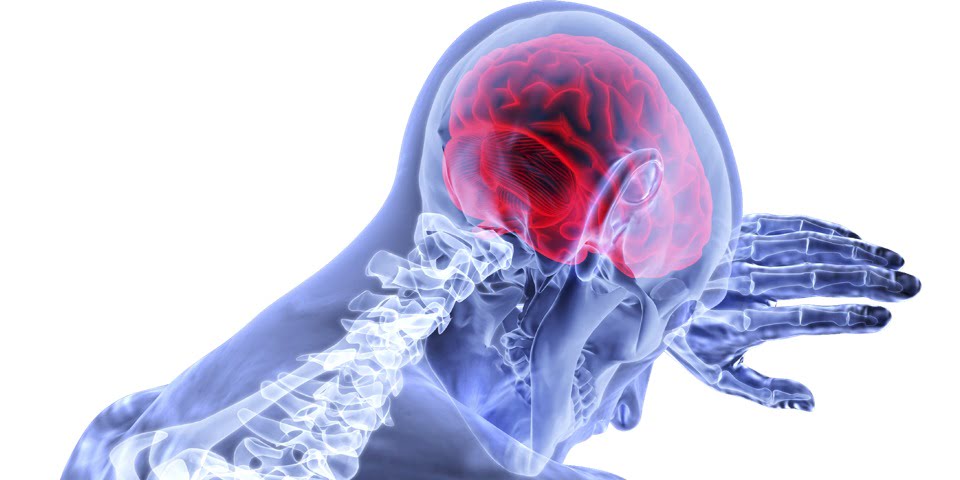New research from South Australian scientists has shown that vitamin D is unlikely to protect individuals from multiple sclerosis, Parkinson’s disease, Alzheimer’s disease or other brain-related disorders.
A report released in the science journal Nutritional Neuroscience said the researchers had failed to find solid clinical evidence for vitamin D as a protective neurological agent.
“Our work counters an emerging belief held in some quarters suggesting that higher levels of vitamin D can impact positively on brain health,” lead author and University of Adelaide PhD candidate Krystal Iacopetta said.
Ms Iacopetta investigated the role of vitamin D across a wide range of neurodegenerative diseases, based on a systematic review of more than 70 pre-clinical and clinical studies.
She said results of the in-depth review and an analysis of all the scientific literature indicated there was “no convincing evidence supporting vitamin D as a protective agent for the brain”.
Professor Mark Hutchinson of the University of Adelaide, Director of the ARC Centre of Excellence for Nanoscale BioPhotonics, worked with Ms Iacopetta on the research and findings.
“This outcome is important and is based on an extremely comprehensive review and analysis of current data and relevant scientific publications,” he said.
“We’ve broken a commonly held belief that vitamin D resulting from sun exposure is good for your brain.”
Interestingly, Professor Hutchinson notes that there may be evidence that UV light from sun exposure could impact the brain beneficially in ways other than that related to levels of vitamin D.
“There are some early studies that suggest that UV exposure could have a positive impact on some neurological disorders such as multiple sclerosis,” he said. “We have presented critical evidence that UV light may impact molecular processes in the brain in a manner that has absolutely nothing to do with vitamin D.”









